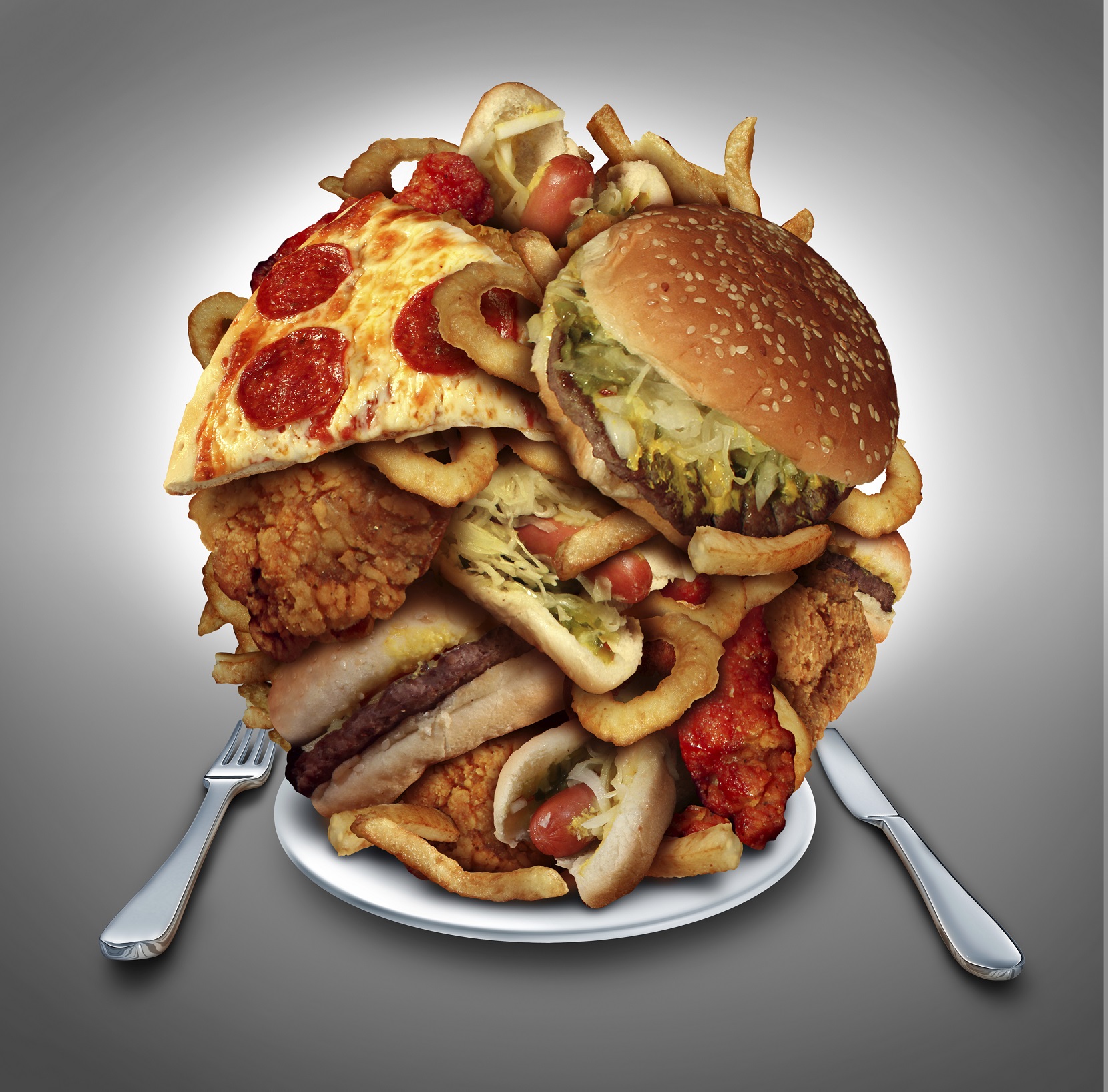SHARES

Eating too much is not unusual – there are times when we are surrounded by family during festivals and out of sheer happiness and the group effect, we stuff ourselves to the gills. Now, this is occasional… but there are times when we find ourselves over-eating almost every day, at every meal! This is a medical condition and it is known as Binge Eating Disorder (BED).
Binge eating is about feeling depressed, guilty, and out of control.
Let us look at some facts about BED:
Binge eating disorder is described as a mental illness marked by recurrent binge eating episodes without the affected individual’s effort to make up for the binge episodes by excessively exercising, purging, and/or inappropriately using medications like diet pills or laxatives.
- Binge eating disorder affects approximately 2% of men and 3.5% of women, with most developing the condition during their teens or early adulthood. Men make up approximately one-third of individuals with binge eating disorder.
- Approximately 65% of individuals with binge eating disorder are obese, and a lot more are overweight.
Signs and Symptoms of BED:
- Eating though not actually hungry,
- Eating alone due to feelings of shame,
- Eating more quickly than normal,
- Eating until feeling uncomfortable,
- Feeling depressed, disgusted, or guilty after overeating.
There appears to be no specific cause for binge eating disorder.
Treatment:
- Lisdexamfetamine, topiramate, serotonergic (SSRI) medications and sibutramine effectively reduce the amount and number of binge episodes.
- Psychotherapy can be vital in the treatment of the emotional problems associated with this binge eating disorder.
- People with binge eating disorder have a greater risk of developing another psychiatric illness. Individuals with binge eating disorder appear to have a greater risk of developing type II diabetes, abnormal cholesterol levels, and high blood pressure, as well as engaging in self-injurious behaviours or having suicidal thoughts or actions compared to similar-weight individuals without this eating disorder.
- Educating teenagers and adults about resisting society’s pressure to be thin, understanding factors that affect body weight and the negative health aspects of eating disorders, and encouraging stress management, excellent self-esteem, healthful weight control, and acceptance of their bodies can help prevent eating disorders.
How to overcome binge eating?
- Manage stress – try meditation, yoga
- Eat three meals a day plus healthy snacks
- Try to resist temptation
- Stop dieting
- Exercise
- Fight boredom – take up a hobby, read, walk – just distract yourself
- Get enough sleep
- Listen to your body
- Keep a food diary
- Get support – talk to friends, consult a therapist.
Looking for an expert? Visit GetDoc!
by Hridya
A biochemist by education who could never put what she studied to good use, finally found GetDoc as a medium to do what she loved - bring information to people using a forum that is dedicated to all things medical. View all articles by Hridya.






